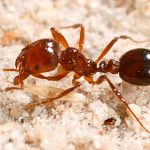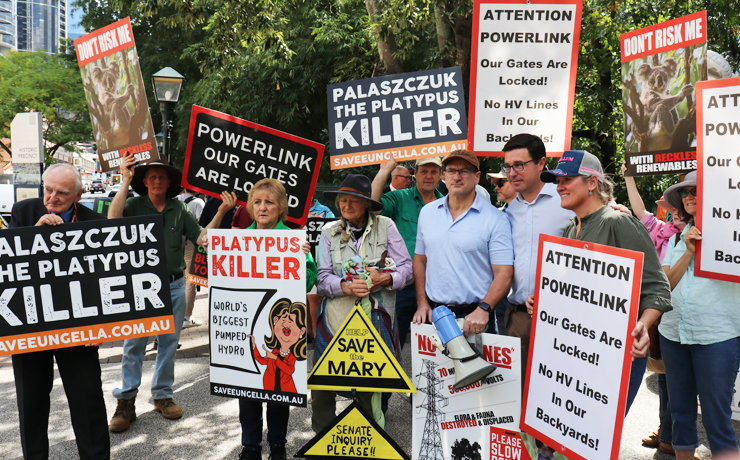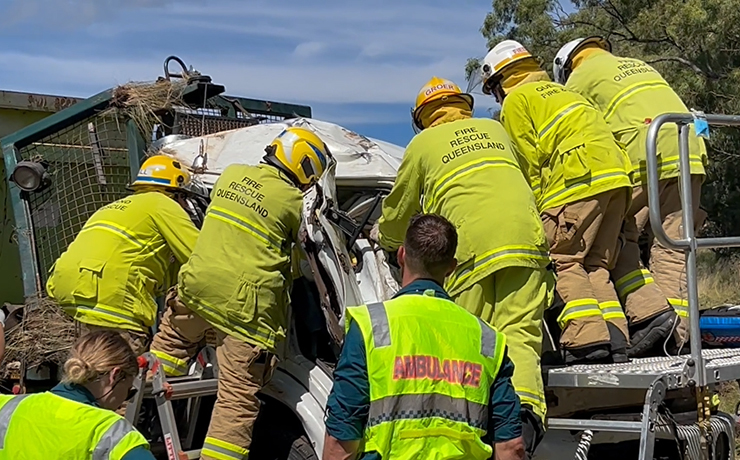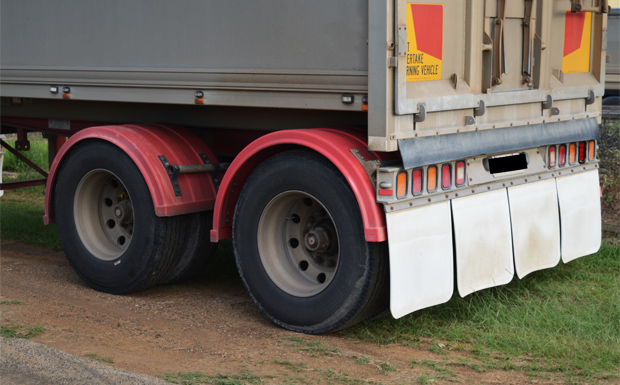
May 31, 2021
AgForce has questioned the credibility of the Australia Institute’s statements on climate, saying it had been “hypocritical” in regards to agriculture.
The agriculture lobby group said the Australia Institute’s latest report on climate highlighted emissions caused by livestock had declined 25.4 per cent between 1990 and 2019, yet stated “any reduction in these emissions is likely to revert to previous levels” as the drought eased.
The report challenges the Federal Government’s claim that emissions have declined 19 per cent saying this figure has been achieved by historic changes in deforestation, the impact of the 2017–2019 drought and COVID, not government climate policy initiatives.
AgForce CEO Michael Guerin said the allegations “smacked of hypocrisy”, accusing them of research that amounts to “little more than selective theorising and assumptions – not facts.”
“When the Australia Institute releases a report about climate, it should be steeped in truth, not guesswork,” Mr Guerin said.
“The entire approach could have been lifted from the environmentalist’s handbook. It’s PR spin that communicates to the public and the media only as much as they want them to know.
“An example is the section on agriculture. The report contains two graphs that clearly show land sector emissions reducing, and sheep, cattle, and total agriculture emissions reducing, yet the Australia Institute makes the claim it won’t last.
“They say sheep numbers reduced here, so that helped reduced emissions. And there was a drought for 10 years there and lots of livestock died, so that helped as well. But that’s agriculture – that’s the life. We will always be battling some sort of issue and the number of sheep or cattle in a given area will increase and decrease over time.
“At best, with this report, the Australia Institute has taken a cynical view in interpreting the raw data when it comes to our industry. But beyond that, to suggest that when the drought ends or conditions surrounding COVID improve, we’ll see a return to pre-1990 numbers for emissions from agriculture is just plain false.
“For years now, agriculture has been investing in and working on sequestering carbon, conserving soil moisture, increasing bio-diversity, reducing erosion and runoff, and we are already seeing very positive results.
“Emissions from cropping and grazing have fallen by 71 per cent over the past three decades.
“The red meat sector has reduced emissions by more than 50 per cent since 2005 and agriculture as an industry has a clearly stated goal of becoming climate neutral by 2030.”























